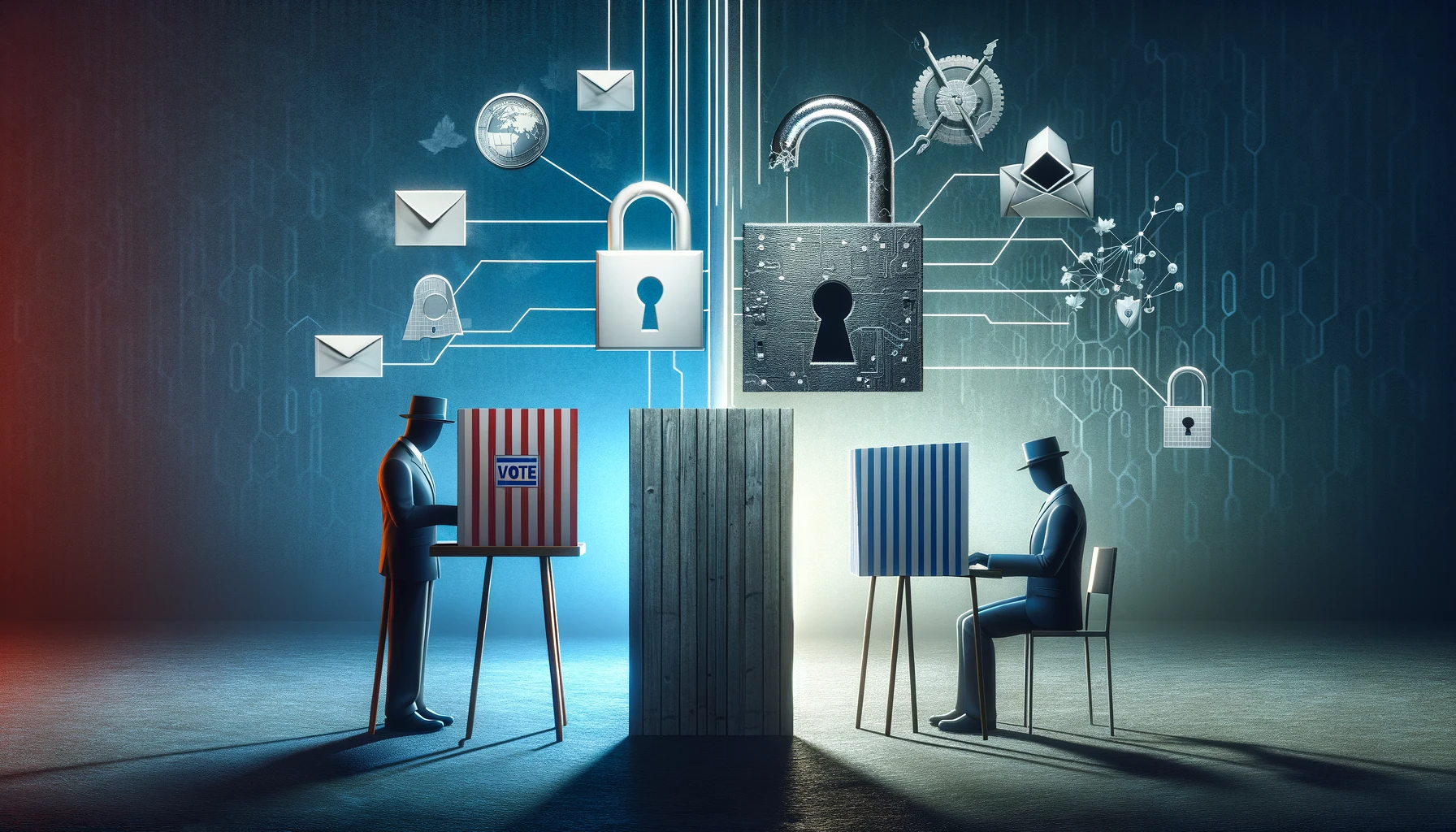Postal voting from abroad is ” especially outdated”, argue Eelco Keij and Anita Pannebakker (Opinion, 21 February). However, their suggestion to introduce online voting is ill-advised.
In important elections, you want to guard the integrity of the voting process so that counted votes match the voter’s intention (and not that of hackers). In addition, you want to protect voting secrecy, hide individual preferences. The voting procedures for eligible voters abroad, with two envelopes, and at domestic polling stations were devised to ensure both individual voting secrecy and the collective integrity and transparency of the voting process.
Admittedly, this requires something from voters. Since democracy is our greatest asset, we should not be tempted to think: technologically almost anything is possible, so postal voting is obsolete.
Privacy and integrity of results at risk
Online voting may make voting easier, but it also comes at the expense of privacy and leads to endless discussions about the integrity of the results. Who is to say that the party you vote for online is also the party a hacker will let you vote for? And that no one is digitally watching to see what you are voting for?
That we don’t vote online is not because of the state of technology, but because of the nature of technology. These make it difficult to combine voting secrecy (and hence privacy) with the integrity of the voting process (and hence transparency) on a large scale. When voting by post and in the polling booth, this is well guaranteed.
Therefore, in the Netherlands we fortunately do not have constant discussions about the reliability of voting results, as in the United States. Nor do we get error messages on voting websites, leaving voters unaware of whether their vote has been counted, as recently in Estonia.
Since postal voting from abroad is no mean feat, it seems a sympathetic idea to make a digital exception for the 500,000 eligible voters abroad. However, it only takes one hacker, error or malfunction to compromise the integrity of the entire Dutch elections. Undemocratic actors are only too happy to do so. Therefore, it is important to prioritise integrity and privacy over voting convenience, i.e. not introduce digital voting.
This opinion article appeared in Trouw.

Leave a Reply